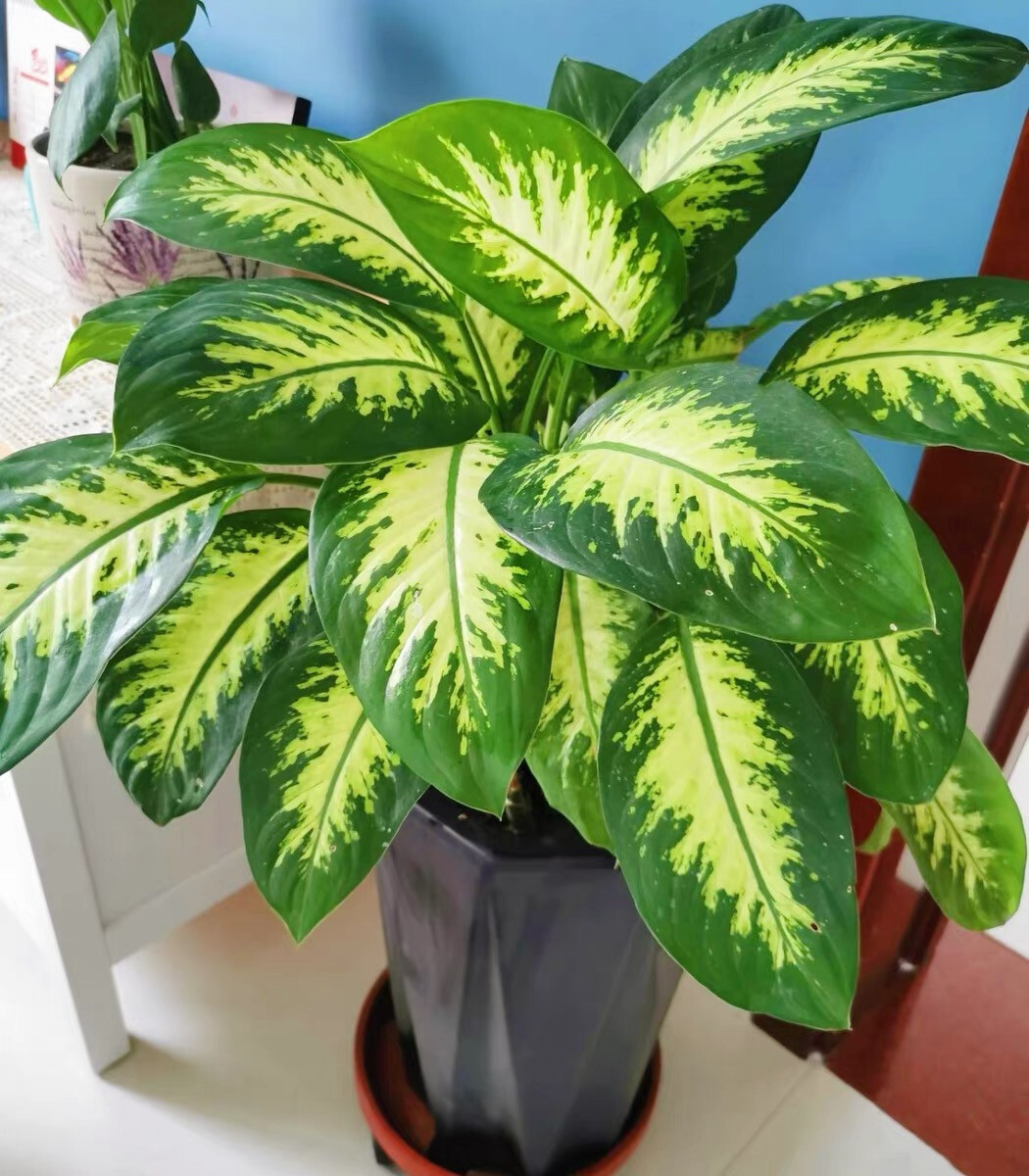
The common ornamental houseplant Dieffenbachia is gaining attention for its potential to cause fatal toxicity, especially in children, requiring extreme caution.
Dr. Roberto Núñez, in an interview with Radio 650 AM, highlighted the plant's dangers, referencing a past case where a child exhibited severe reactions after ingesting a part of the plant. He explained, "I talked about this issue a few years ago due to questions from others," and emphasized the plant's risks again, particularly because of "a case where a child developed specific problems after ingesting the plant."
Toxic Components and Dangers of Dieffenbachia
Dieffenbachia, popular as an ornamental plant, is known by various names such as 'dumb cane', 'leopard lily', 'amoena', and 'mother-in-law's tongue'. Behind its attractive leaves lies a danger many are unaware of. When the stem is cut or leaves are damaged, the plant secretes a white sap that contains a large amount of a toxic substance called calcium oxalate.
Calcium oxalate consists of microscopic needle-shaped crystals that cause immediate irritation and pain upon contact with skin or mucous membranes. Dr. Núñez warned, "It can cause inflammation and even affect the respiratory system, and therein lies the true danger." This substance can also have a fatal impact on the digestive system.
Key Symptoms and Vulnerable Groups
Contact with Dieffenbachia can lead to various symptoms:
Skin Contact: Causes symptoms of contact dermatitis, including redness, itching, and blistering.
Ingestion: Results in extreme pain, burning sensation, and swelling in the mouth and throat, which can lead to difficulty breathing. Digestive symptoms such as drooling, vomiting, and diarrhea may also occur.
Eye Contact: Can cause severe pain, redness, tearing, and temporary vision impairment.
Children are particularly vulnerable due to their strong tendency to touch or put plants in their mouths out of curiosity. Dr. Núñez stressed, "While not dangerous for everyone, it can be potentially very serious for those with allergic reactions," adding that it's especially dangerous because children have a habit of putting anything into their mouths. Pets, especially cats and dogs, should also be watched carefully, as they can exhibit similar toxic reactions if they access and ingest the plant.
Prevention and Response Measures
If you have Dieffenbachia in your home, you should take the following preventive measures:
Restrict Access for Children and Pets: Place the plant out of reach, either in a high location or in an inaccessible area.
Handle with Caution: When handling the plant for pruning or repotting, always wear gloves to avoid skin contact and wash your hands thoroughly afterward.
Educate: Teach children not to touch or put plants in their mouths indiscriminately.
If accidental exposure or ingestion of Dieffenbachia occurs, take the following immediate steps:
Rinse Mouth: If ingested, rinse the mouth thoroughly several times with clean water to remove any remaining sap.
Do Not Induce Vomiting or Ingest Anything Else: Do not try to induce vomiting or consume anything other than water.
Seek Medical Attention: Even if symptoms are mild, seek immediate medical attention from a professional. In case of emergency situations such as difficulty breathing or severe swelling, call 911 (or your local emergency number) without delay.
To ensure peace and safety at home, it's crucial to raise awareness about the often-overlooked toxicity of common plants, prevent incidents beforehand, and respond quickly when they occur.
[Copyright (c) Global Economic Times. All Rights Reserved.]






























